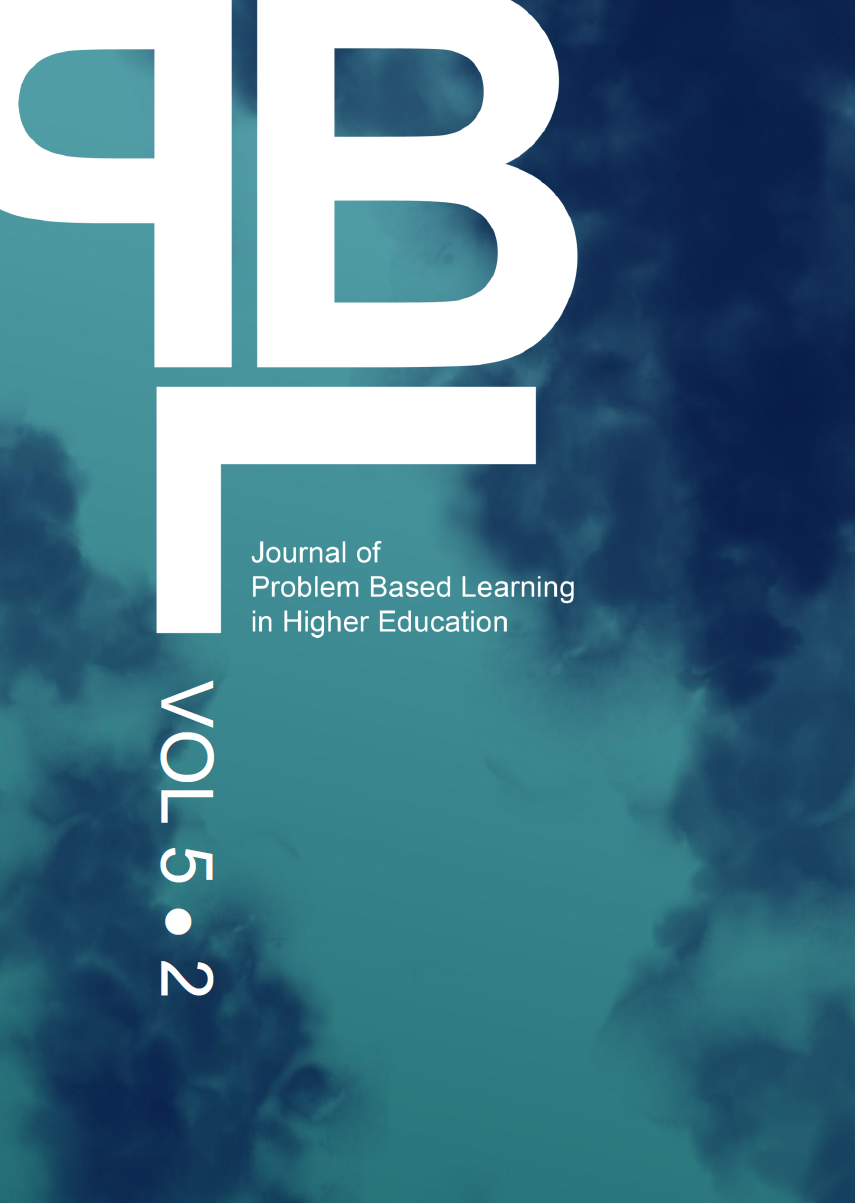Abstract
In this case study we discuss the dynamics that drive a free-of-charge project-based learning extension course. We discuss the lessons learned in the course, “Laboratory of Social Projects.” The course aimed to teach project management skills to the participants. It was conducted from August to November of 2015, at Federal University of São Paulo (Unifesp), Osasco Campus, Brazil. The course had 72 participants (41 community members and 31 university students). The participants worked in teams of four members (on average) and developed 13 projects on behalf of eight NGOs that help people in need.
In our research, we followed a mixed methods approach, using unstructured questionnaires and project reports as sources of information. We made use of system thinking analysis to reveal the dynamics that unfolded during the course.
Our main findings are: 1) free-of-charge extension courses can be much more challenging to manage than traditional courses; the bureaucracy of getting the university’s approval and problems related to dropouts are issues to consider; 2) the workload of the professors involved can be substantially higher than the workload of similar regular courses; 3) the use of project-based learning techniques can be very effective; 4) the courses can provide a very rich experience to the participants, promoting intense knowledge-sharing among all involved.
References
Arantes do Amaral, J. A., & Matsusaki, C. T. M. (2016). The dynamics of connecting universities, non-governmental organizations and community members by means of academic projects directed at people in need. Educational Action Research, 1-20. doi:10.1080/09650792.2016.1147368
Arantes do Amaral, J. A., & Okazaki, E. (2016). University students' support to an NGO that helps children with cancer: Lessons learned in thirteen academic projects. International Journal of Action Research, 12(1), 38-58.
Bouillion, L. M., & Gomez, L. M. (2001). Connecting school and community with science learning: Real world problems and school-community partnerships as contextual scaffolds. Journal of research in science teaching, 38(8), 878-898.
de Figueiredo, J. N., Keffer, A. M. J., Barrientos, M. A. M., & Gonzalez, S. (2013). A robust University-NGO partnership: Analysing school efficiencies in Bolivia with community-based management techniques. Gateways: International Journal of Community Research and Engagement, 6(1), 93-112.
Kearney, J., Wood, L., & Zuber-Skerritt, O. (2013). Community-University Partnerships: Using Participatory Action Learning and Action Research (PALAR). 2013, 6 -82. doi:10.5130/ijcre.v6i1.3105
Mendenhall, M., & Anderson, A. (2013). Bridging the Gaps: Lessons learned from an NGO-University partnership. Harvard International Review, 35(1), 62.
Articles published in Journal of Problem Based Learning in Higher Education are following the license Creative Commons Attribution 4.0 (CC-BY)
Authors retain copyright and grant the journal right of first publication with the work simultaneously licensed under a Creative Commons Attribution 4.0 International License (CC-BY). Further information about Creative Commons
